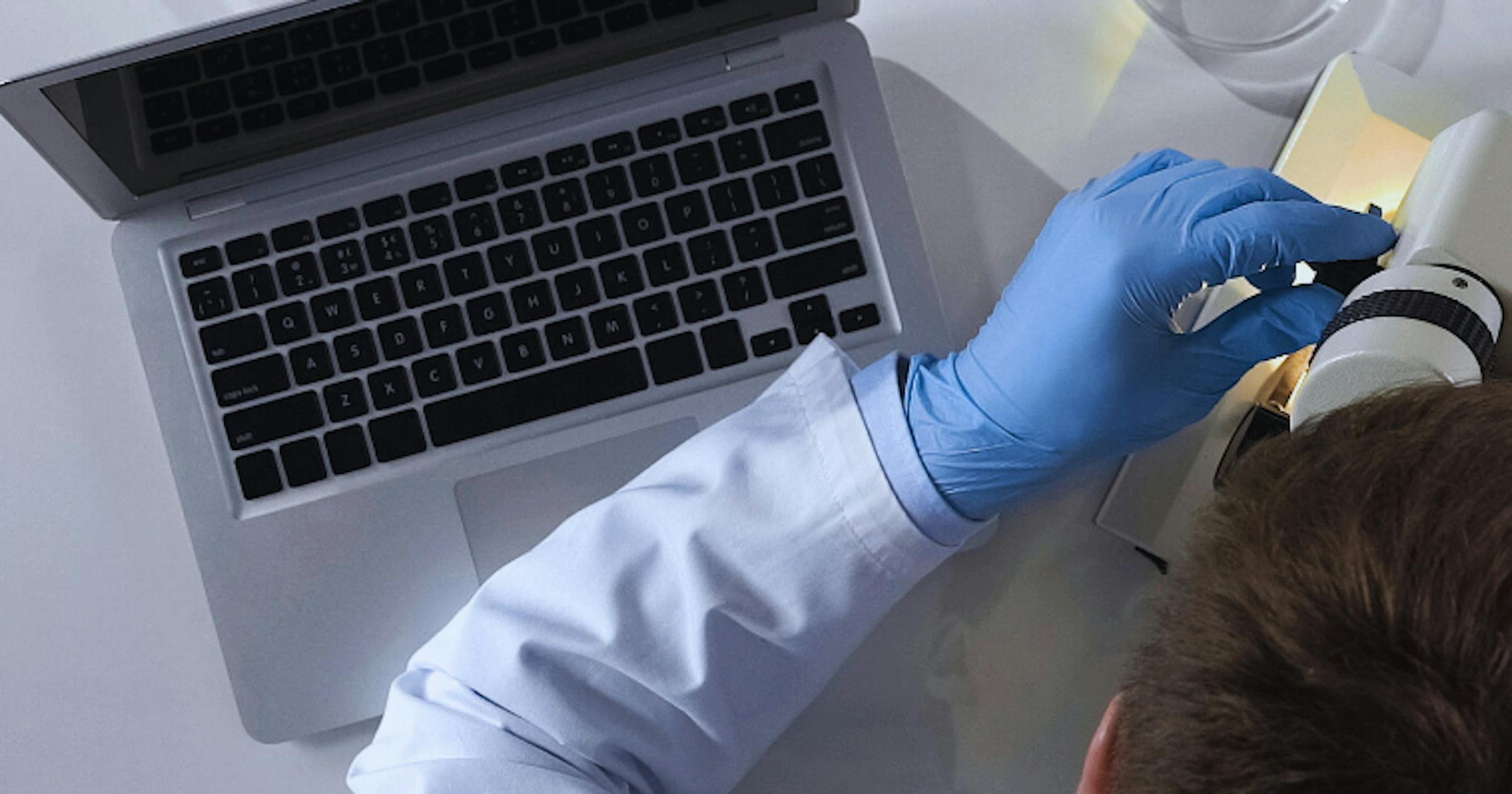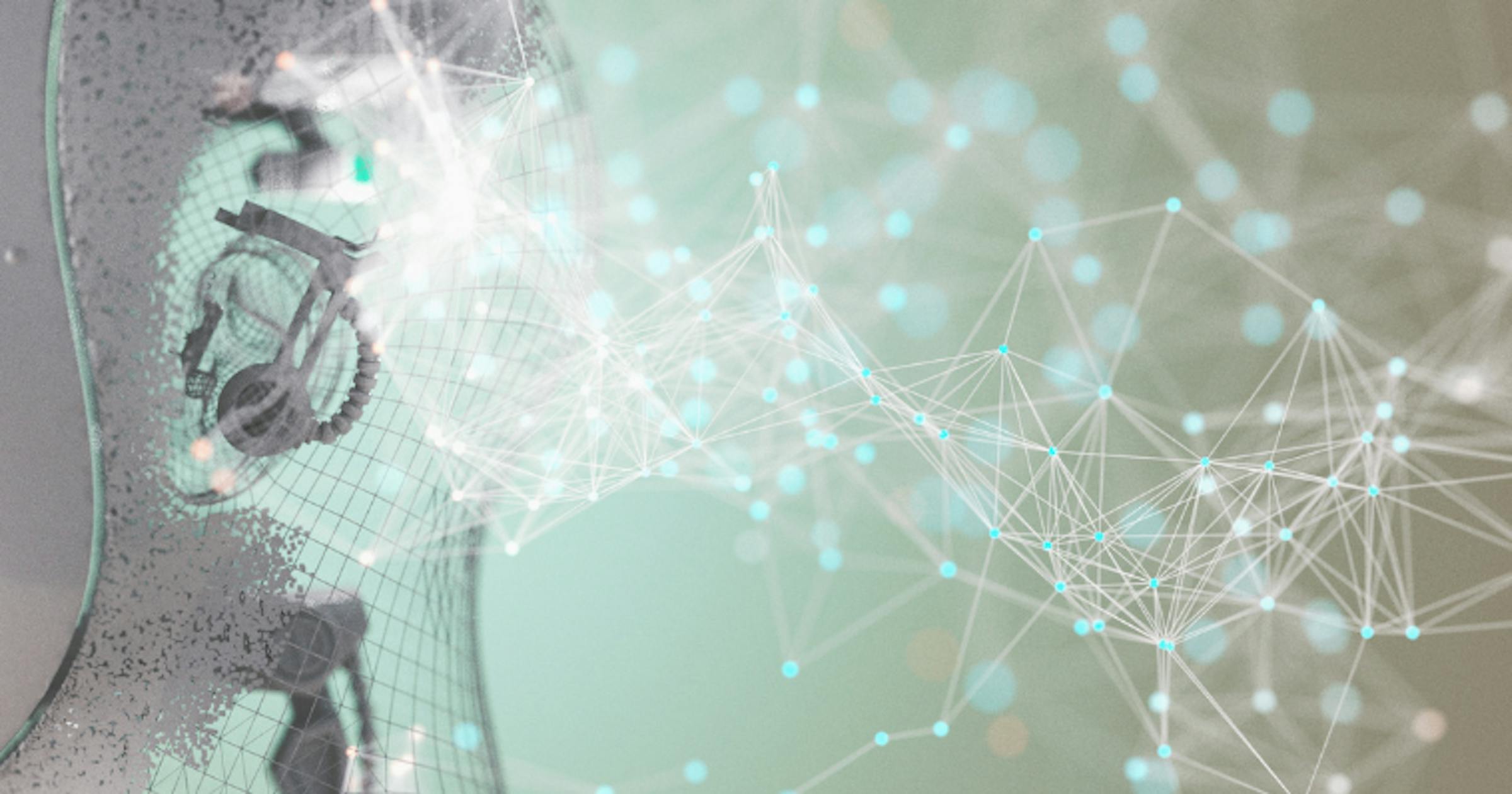
Why should you integrate document monitoring into your medical practice?
05/21/2025

The explosion in medical knowledge means that practices need to be regularly updated.
The main benefits of medical intelligence include
Scientific monitoring is a strategic activity that enables healthcare professionals to keep abreast of publications and innovations in their field. Unlike one-off bibliographic research, it is based on regular monitoring of medical advances to anticipate developments and incorporate the latest knowledge into clinical practice.Différence entre veille scientifique, veille médicale et veille sanitaire
Healthcare professionals can adopt different approaches to organising their scientific intelligence. There are two main methods: ‘pull’ and ‘push’ monitoring.
Pull’ monitoring is based on a manual and targeted search for scientific information. It consists of regularly consulting reference sources such as medical databases. (PubMed, Google Scholar, Cochrane Library), specialist magazines (The Lancet, JAMA, NEJM) and institutional websites (OMS, HAS).
This type of monitoring is particularly useful for delving deeper into a specific subject or checking the state of knowledge on a particular medical issue. It offers a high level of control over the information gathered, as the professional chooses his or her own search criteria (keywords, authors, journals, publication period,...).
However, pull monitoring can be time-consuming, requiring time to sort and analyse relevant publications. It also requires methodological rigour to avoid missing out on important advances.
In contrast, ‘push’ monitoring involves automatically receiving relevant information without having to actively seek it out. This type of monitoring uses digital tools that send regular updates in the form of alerts, newsletters or RSS feeds.
Platforms such as PubMed, for example, allow you to set up alerts based on specific keywords so that you are notified as soon as a new article is published. Applications such as Medscape and QxMD also offer personalised recommendations based on the user's medical specialities.
The major advantage of push monitoring is that it saves time: the healthcare professional receives the most relevant information directly, reducing the search effort. However, this method requires the tools to be properly configured to avoid being overwhelmed by irrelevant alerts.
In practice, a combination of the two strategies is often the best approach. Pull’ monitoring allows you to delve deeper into specific subjects when necessary, while “push” monitoring guarantees a constant flow of information without any extra effort. By combining these two methods and exploiting the appropriate digital tools, healthcare professionals can optimise their scientific intelligence in an effective and relevant way.
The volume of scientific knowledge available in medicine continues to grow, and this trend is accelerating. Every year, between 2 and 3 million new publications appear online in around 30,000 scientific journals, more than half of which are dedicated to the health sciences. Faced with this constantly expanding mass of information, it has become impossible to keep up with everything manually. To keep abreast of advances in your speciality, it is essential to adopt an effective monitoring approach, based on appropriate technological tools.
Doctors' workloads limit the time available for monitoring. Automation and alert systems can optimise this process effectively.
Access to scientific journals and medical databases represents a significant cost for healthcare professionals and researchers. A subscription can cost several hundred euros a year, and to keep abreast of medical advances it is often necessary to subscribe to several journals, which adds even more to the bill.
With 98% of publications in English, articles can be difficult to understand. Automatic translation services integrated into monitoring platforms facilitate access to information.
Scientific intelligence is a fundamental lever for healthcare professionals wishing to maintain excellence in their practice. Given the explosion in knowledge, the adoption of digital tools and automation strategies is becoming essential. Effective intelligence requires rigorous organisation, high-performance tools and a collaborative approach.
In an environment where the amount of medical information is exploding, Paperdoc is an essential tool for optimising scientific monitoring and ensuring rapid access to the latest advances. Thanks to its advanced features, Paperdoc enables healthcare professionals to filter, understand and make effective use of the knowledge generated by research.
By centralising these functions on a single platform, Paperdoc simplifies access to medical information and helps healthcare professionals stay informed without having to take out expensive subscriptions or spend hours searching for documents. This saves valuable time, improving clinical decision-making and the quality of care.
Do you want to keep abreast of the latest medical developments in your field? PaperDoc searches, filters and summarizes the scientific literature for you
Register for free
05/21/2025

05/21/2025

05/21/2025

05/21/2025

05/21/2025